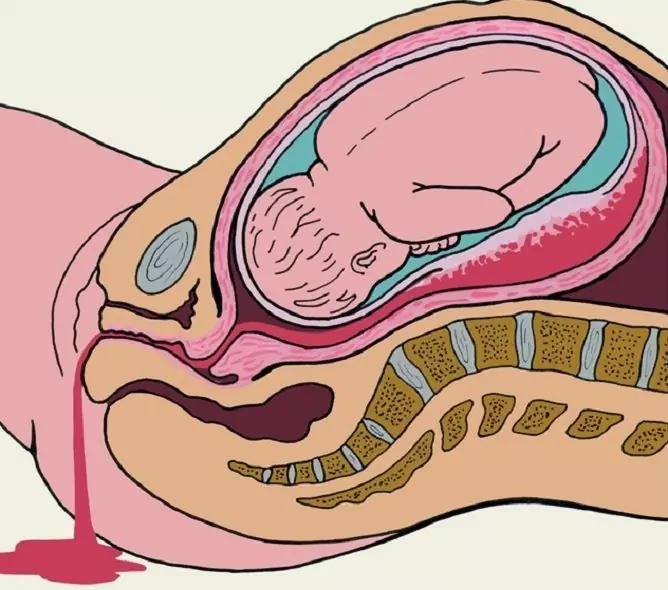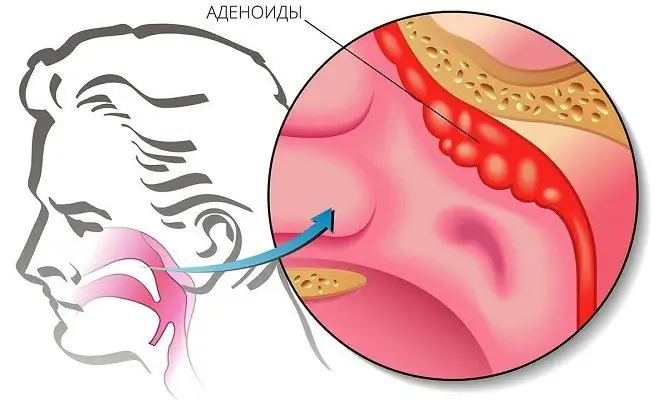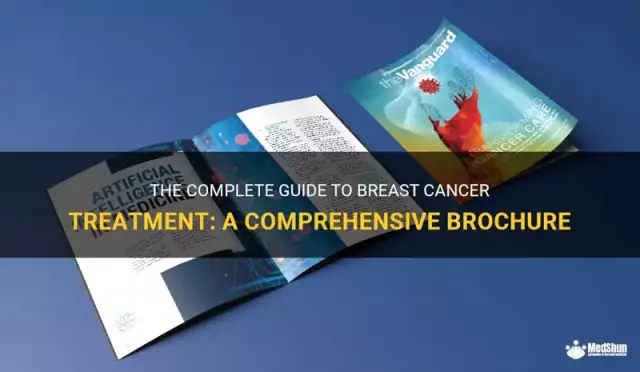- Author Rachel Wainwright wainwright@abchealthonline.com.
- Public 2023-12-15 07:39.
- Last modified 2025-11-02 20:14.
Cerebrovascular accident

Cerebral circulation is blood circulation in the vascular system of the spinal cord and brain. The pathological process that causes impaired cerebral circulation can also affect the cerebral and main arteries (brachiocephalic trunk, aorta, external and internal vertebrates, carotid, subclavian, spinal, radicular arteries and their branches), jugular and cerebral veins, venous sinuses. Pathology in nature can be different: embolism, thrombosis, loops and kinks, aneurysms of the vessels of the spinal cord and brain, narrowing of the lumen.
Signs of cerebrovascular accident
Signs of impaired blood circulation in the brain of a morphological nature are divided into diffuse and focal. Diffuse signs include small organizing and fresh foci of necrosis of brain tissue, small-focal multiple changes in the medulla, small cysts and hemorrhages, gliomesodermal scars; to focal - cerebral infarction, hemorrhagic stroke, intrathecal hemorrhage.
By the nature of cerebrovascular accidents, they are divided into acute (intrathecal hemorrhages, transient, strokes), initial stages and chronic disorders of spinal and cerebral circulation (discirculatory encephalopathy and myelopathy).
Symptoms of cerebrovascular accident
Initially, the disease may be asymptomatic. But in the absence of proper treatment, the disorders progress rapidly. The symptoms of cerebrovascular accident are as follows:
• Headache. This is the very first symptom of circulatory disorders in the brain. If the headaches become systematic, you should immediately consult a doctor.
• Dizziness. A doctor should be consulted immediately if dizziness occurs more than three times a month.
• Pain in the eyes. Pain in the eyes with circulatory disorders in the brain tends to increase during the movement of the eyeballs. Most often, this pain occurs at the end of the working day, when the eyes are tired of the strain throughout the day.
• Nausea and vomiting. A doctor should be consulted if nausea and vomiting occur in conjunction with headache, dizziness, and eye pain.
• Convulsions. Seizures can be of many different types. As a rule, they occur quite rarely.
• Congestion, ringing and tinnitus. With circulatory disorders in the brain, there is a feeling as if water had entered the ears.
• Numbness. For those with cerebrovascular accidents, arms, legs, or other parts of the body may become numb. Numbness does not occur as usual, after a long time in an uncomfortable position, but just like that. This is a direct consequence of the disruption of the normal blood circulation in the brain.
Acute violation of cerebral circulation

Acute circulatory disorders in the brain can be persistent (cerebral stroke) and transient.
A transient violation of cerebral circulation occurs due to hypertensive crisis, cerebral angiospasm, cerebral atherosclerosis, arrhythmias, heart failure, collapse. Symptoms of transient cerebrovascular accident can occur for a few minutes or all day.
Treatment of cerebrovascular accident
Treatment of disorders of cerebral circulation consists in normalizing cerebral blood flow in tissues, stimulating metabolism in neurons, treating major cardiovascular diseases, protecting cerebral neurons from hypoxia factors.
Prevention of cerebrovascular accidents
Prevention of circulatory disorders in the brain is quite simple. To avoid the occurrence of violations, you must:
• Do not smoke or use psychotropic substances;
• To live an active lifestyle;
• Reduce salt intake;
• Control and maintain a normal body weight;
• Control the level of glucose, the content of lipoproteins and triglycerides in the blood;
• Treat existing diseases of the cardiovascular system.
YouTube video related to the article:
The information is generalized and provided for informational purposes only. At the first sign of illness, see your doctor. Self-medication is hazardous to health!






